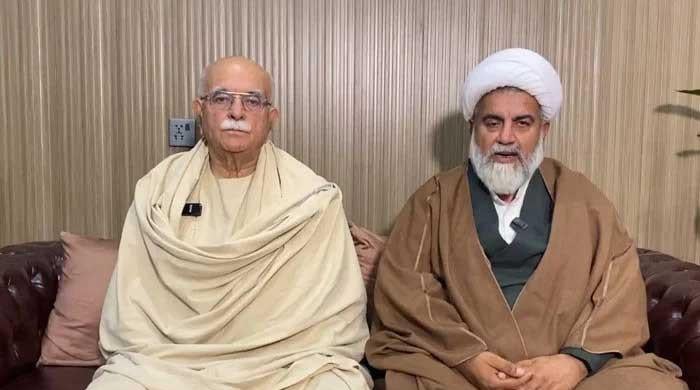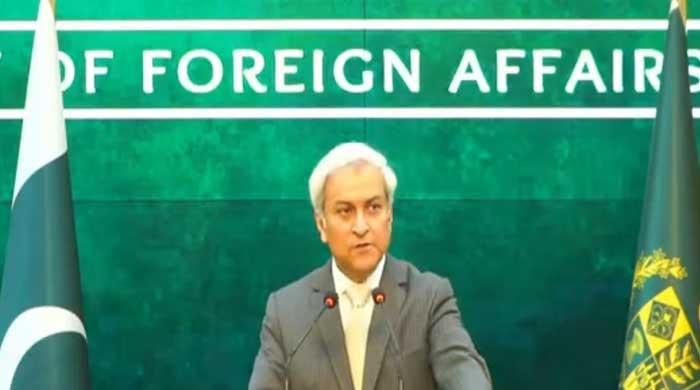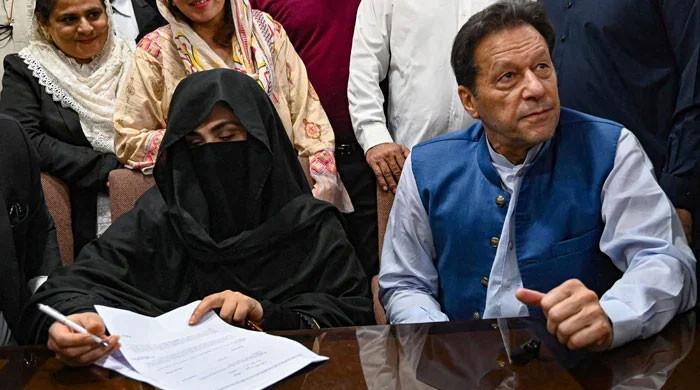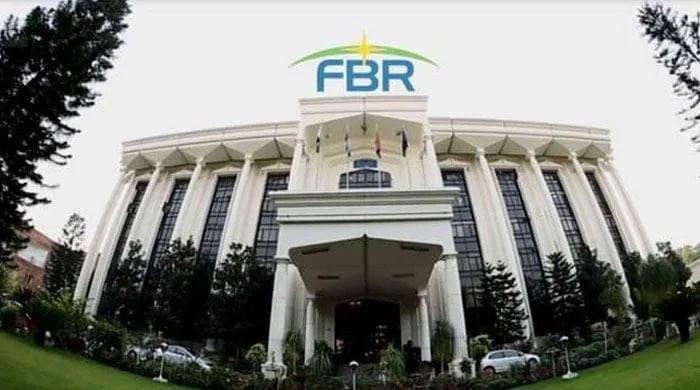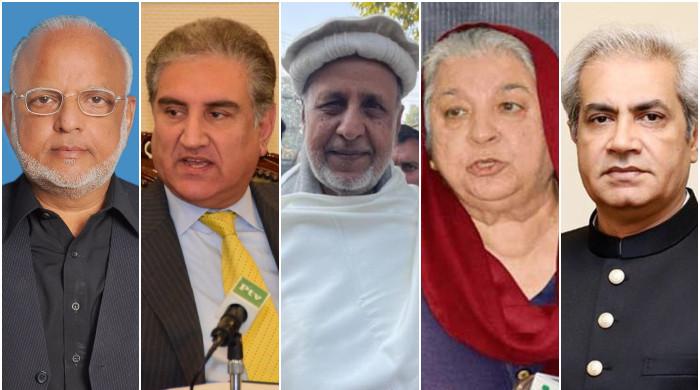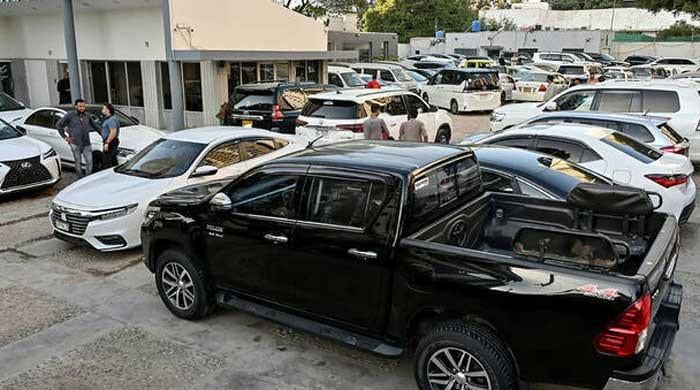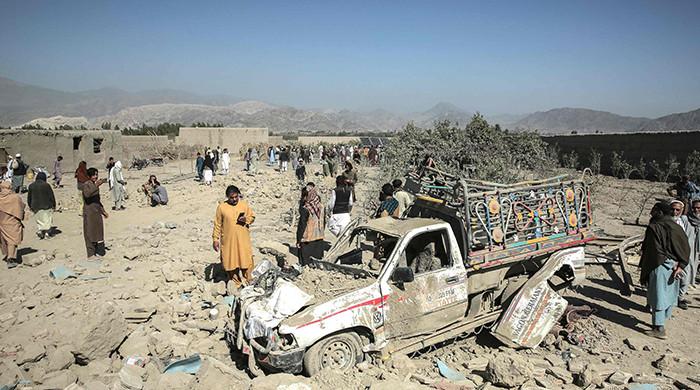'No guarantee of peace during elections', KP top officials tell ECP
“Spring offensive” is expected to intensify in the province from April to October, according to officials
March 18, 2023
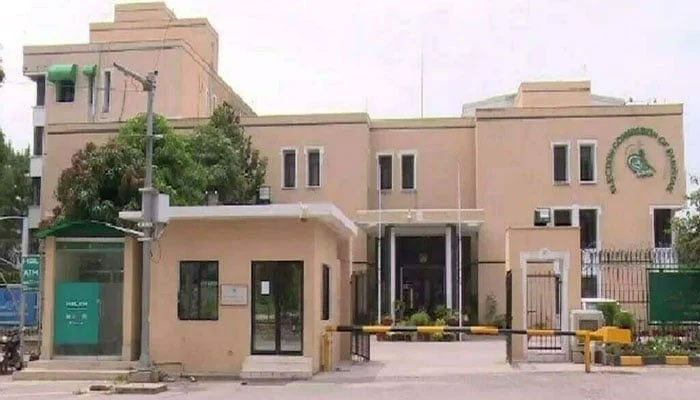
- KP witnessed a total of 495 terror incidents in last year, says IG.
- IG and chief secretary expresses concerns over securing during upcoming polls.
- Chief secretary says additional funds are required for holding polls.
In view of the recent spike in terrorism and the militants’ “spring offensive” — that marks the start of the fighting season — Khyber Pakhtunkhwa (KP) chief secretary and inspector general of police have expressed concerns about the security during the upcoming elections in the province.
The “spring offensive” is expected to intensify in the province from April to October, the officials said.
Briefing the Election Commission of Pakistan (ECP) during a meeting chaired by Chief Election Commissioner (CEC) Sikandar Sultan Raja Friday, they categorically stated that they cannot give any guarantee about peace during the upcoming elections due to bad law and order situation, financial woes, and the shortage of 56,000 police personnel.
Khyber Pakhtunkhwa IGP Akhtar Hayat Gandapur highlighted the alarming increase in terror incidents in the region.
He revealed that various terrorist groups operating from different provinces in Afghanistan, including Badakhshan, Nuristan, Kantar, Nangarhar, Paktika and others, have been involved in terrorist activities in the province.
According to the police chief, the province witnessed a total of 495 terror incidents in the year 2022, while the current year has already seen 118 incidents resulting in 100 fatalities and 275 injuries.
The increase in terrorist activities has raised serious concerns about the security situation in the region.
He said that the law and order situation was not suitable for elections in several southern provinces — including North Waziristan, Lakki Marvat, Bannu, Tank, and Dera Ismail Khan.
Additionally, he told that the situation in the newly merged districts of erstwhile Federally Administered Tribal Areas (Fata) was also not conducive to holding elections.
The IGP said that providing security for elections was not a one-day activity and that the police would need to ensure the safety of election gatherings, rallies and political leaders during their campaigns.
He added that holding separate provincial and national assembly elections would double the expenditures and increase the dangers for law enforcement agencies.
It would also put voters and election staff in danger twice, he added.
KP Chief Secretary Imdadullah Bosal said that the provincial government was facing a significant pecuniary deficit of Rs19 billion, with an additional Rs1.6 billion required for holding provincial assembly elections.
He also clarified that these expenses would be in addition to any expenditures incurred by the ECP on the elections.
During the meeting, it was emphasised that the deployment of the Pakistan Army and FC was essential for maintaining peace during the electioneering process, as the provincial police alone cannot cope with the challenges.
The Pakistan Army also performed security duties during the general elections of 2013 and 2018, and it was noted that the law and order situation was much better in 2018 as compared to 2013.
The ECP then reiterated that holding peaceful and timely elections was a constitutional and legal obligation.
The ECP acknowledged the problems faced by the provincial government but stressed the importance of fulfilling its constitutional obligation to ensure free and fair elections.
The commission also consulted with stakeholders, including the ministry of finance, defence, interior, intelligence agencies, Intelligence Bureau, ISI, CTT, Punjab, Khyber Pakhtunkhwa, and KP Governor Haji Ghulam Ali.
In his remarks, CEC Raja emphasised the need for transparency and peace during elections to allow voters to exercise their right to franchise freely.
The commission will now take suitable decisions after considering all the facts and consulting with all relevant stakeholders.




